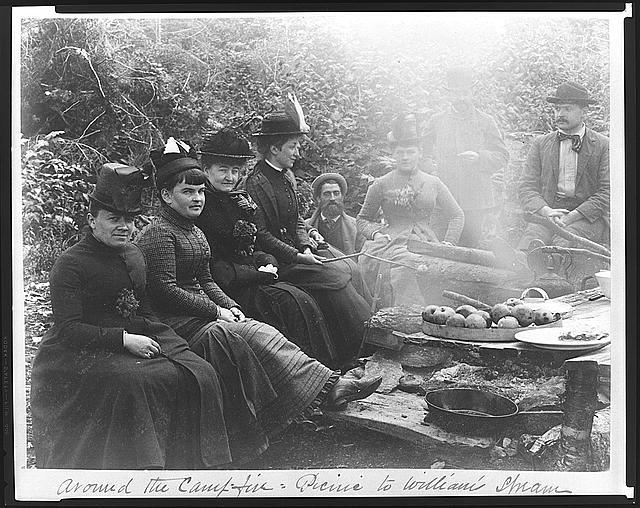So near and yet so far
We haven’t heard from George M. Guion, the captain of Company A, 33rd New York Volunteers, since last December. In this letter he uses the first paragraph to review the engagement near Mechanicsville. Without a segue, Captain Guion started writing about May 5th’s Battle of Willaimsburg in the second paragraph. That was a big day for him – three companies from the 33rd attached their bayonets and counterattacked a much larger Confederate force. At some point other union regiments also took part in the charges that drove the rebel units back. Captain Guion says that the 33rd was temporarily in Hancock’s brigade during the fight – that is a reason for some of the confusion in the Northern press. The New-York Times also reported that the 33rd was operating as part of Hancock’s brigade during the fight.
From a Seneca County, New York newspaper in 1862:
Letter from Capt. Guion.
BEFORE RICHMOND, May 28th, 1862.
After gradually moving to the front, being kept almost constantly in the advance, we encountered the enemy on Friday last, and immediately engaged him, endeavoring to feel his strength and expose his position. The engagement commenced about four o’clock, and ceased for the night at dark. At daylight on Saturday, the 3d Brigade, with Wheeler’s battery, and the 2d R.I. Vols. and 98th Pa., moved forward to the attack. All day long the battle raged with more or less violence, and before night we succeeded in driving the rebels back, and occupying Mechanicsville, a small village, only five miles from the city. The enemy retreated in haste, leaving their wounded and dead upon the field. Meantime, Stoneman succeeded in destroying a portion of the a portion of the Virginia Central Railroad, thus cutting off all communication with Richmond by that route. Our brigade acted in a very gallant manner throughout the entire battle, and won for itself fresh laurels. All day Saturday the rain fell in torrents, and as we had neither overcoats or blankets, the effect was notparticularly agreeable I can assure you. At one time, while the 33d was supporting a battery, I stood talking with Major Platner, separated from him only about a foot, when a six inch round shell, came “buzzing by” passing between us, and crashing through a fence in our rear – pretty close call, that. At another time while we were lying on our faces, directly in the line of the fire, the wheat tops were literally mowed off, by the shower of grape that was passing over us. Fortunately I lost none in killed. On Sunday we had some artillery skirmishing, and on Monday moved to our present position, where we are now impatiently awaiting the order for the final attack. The country around here is most delightful. It is in fact the garden of Virginia and well worthy the name. My health continues excellent, and Marshall is improving rapidly.
At the time of the battle, Companies K, G, and B, were left in the rear, to guard a fort which we had captured – J, C, H, E, were thrown to the right into some woods, as skirmishers – A, F, D, were alone left on the field, in the second fort that we had captured. The 7th Maine were drawn up in line on the right of the fort, and the 5th Wisconsin on the left, when the rebels advanced for the purpose for the purpose of driving us off, and capturing our batteries. The 7th Maine fell back to the edge of the woods, and I found our three Companies on their left – between them and the fort. After the rebels had advanced within range we opened a rapid fire upon them, and as they still kept advancing, notwithstanding the terrible destructive fire from our rifles, the order was given to “fix bayonets and forward,” when the 33d started on the double quick, with a shout that sounded far and wide, and as the enemy saw us coming, supposing we were in much larger numbers than was actually the case, they broke and run in the greatest disorder. At this point, and not before, the Maine 7th came down the hill on a charge, but the victory was already decided, and by the coolness and bravery of three companies. As the [rebels?] retreated, we poured volley after volley after them, and seeing that their case was hopeless, large numbers surrendered. Meantime our skirmishers on the right had their hands full, for as the rebels broke for the woods they were met by our line, and surrendered in squads of two’s and three’s. Capt. Drake, however, who was on the extreme front of the line, with a party of his men, were carried off prisoners of war. After the engagement I took charge of 156 prisoners, and marched them to McClellaa’s [as printed in newspaper] Head Quarters, guarded by my Co. I had a long interview with the General, and received his thanks for what it had been my good fortune to accomplish during the day. None of my men were killed, and very few wounded – and those not seriously. It seemed almost a miracle that half of us were not killed, for when I sprang to the front to lead my men forward in the charge, and saw the long line of the enemy in our front, and heard the perfect shower of bullets whistling past, I felt, that we were almost surely doomed to total destruction, but every one felt that a charge alone could save the day, and nerved himself to the duty before him. But thank God we were successful and victory was ours.
During the battle of Williamsburg, we were temporarily under Hancock’s command, Gen’l Davidson being absent – hence, we got so mixed up with Hancock in the newspaper reports.
The 50th came up last evening, and are encamped close by. All of the Seneca Falls boys are well.
Yours affectionately, G.M.G.

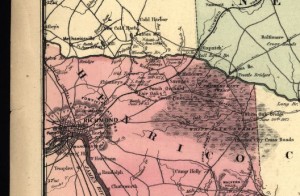
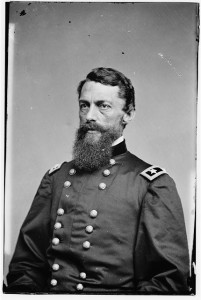
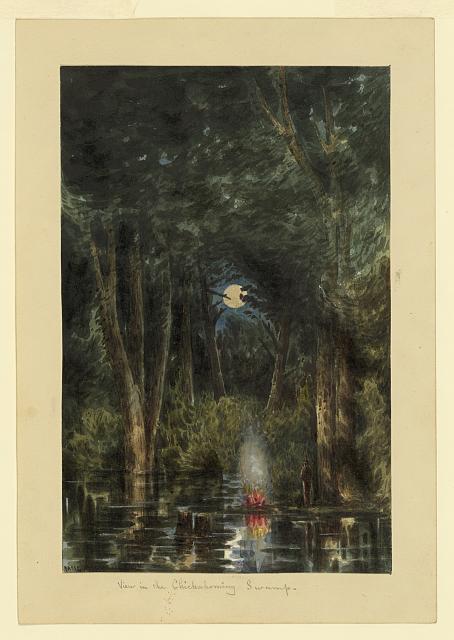
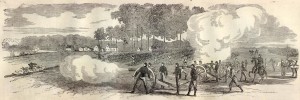

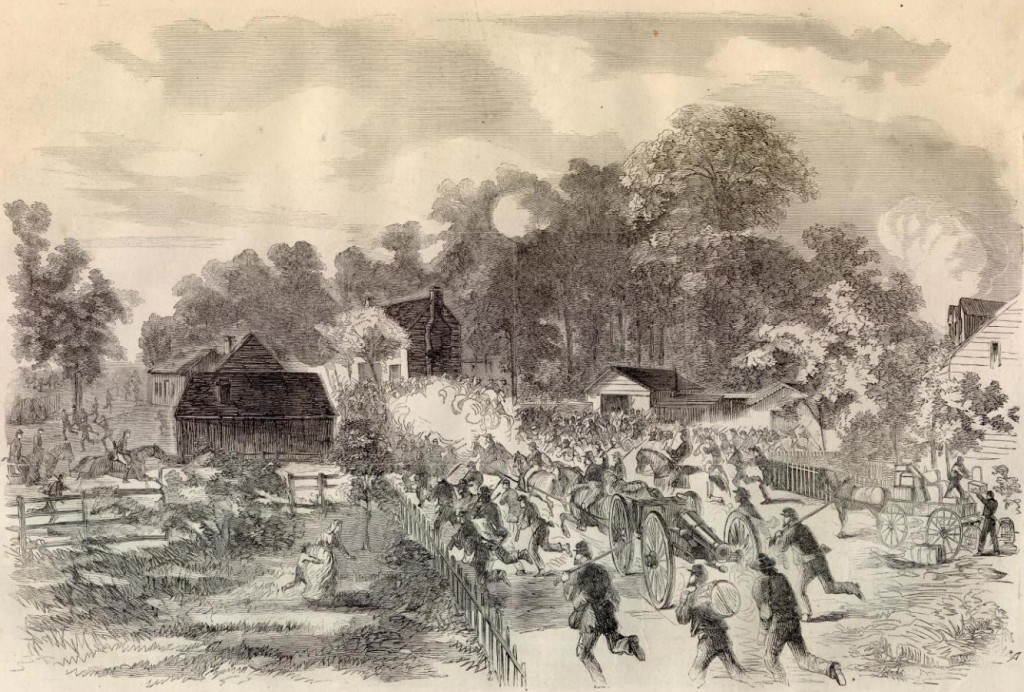
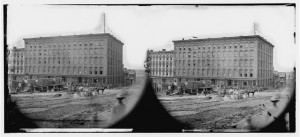
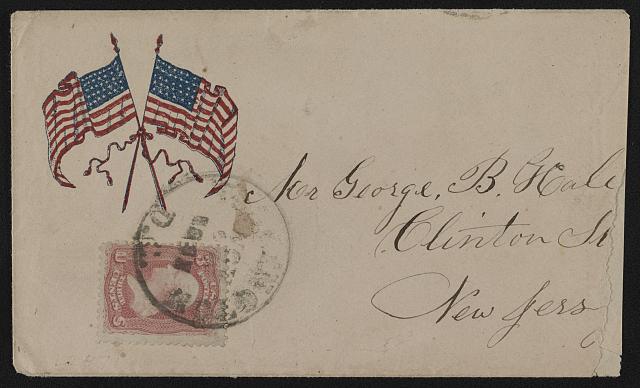
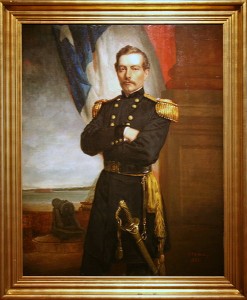
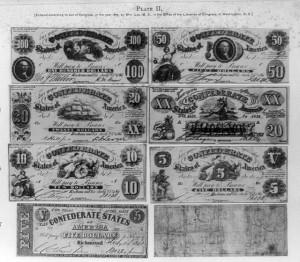
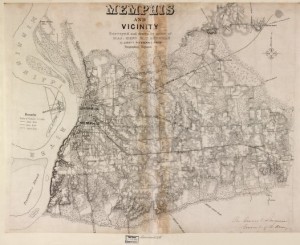
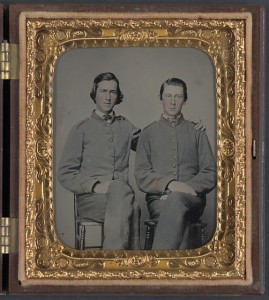
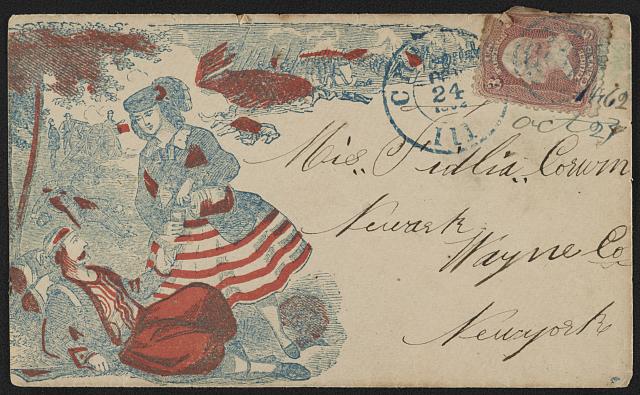
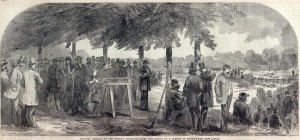
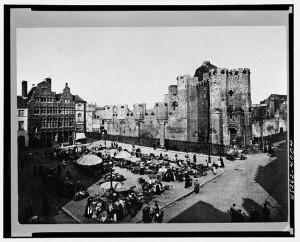
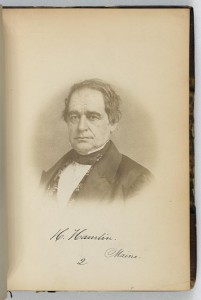
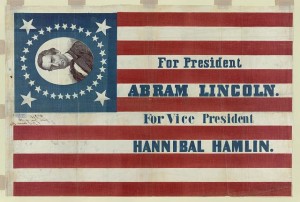
![Free speech, free soil, free men. This is to certify that [blank] is a member of the [blank] Wide-awake Club (Gavit & Co., 114 Broadway, New York, c1860; LOC: C-DIG-ppmsca-19788) Free speech, free soil, free men. This is to certify that [blank] is a member of the [blank] Wide-awake Club (Gavit & Co., 114 Broadway, New York, c1860; LOC: C-DIG-ppmsca-19788)](https://www.bluegrayreview.com/wp-content/uploads/2012/05/19788r.jpg)
